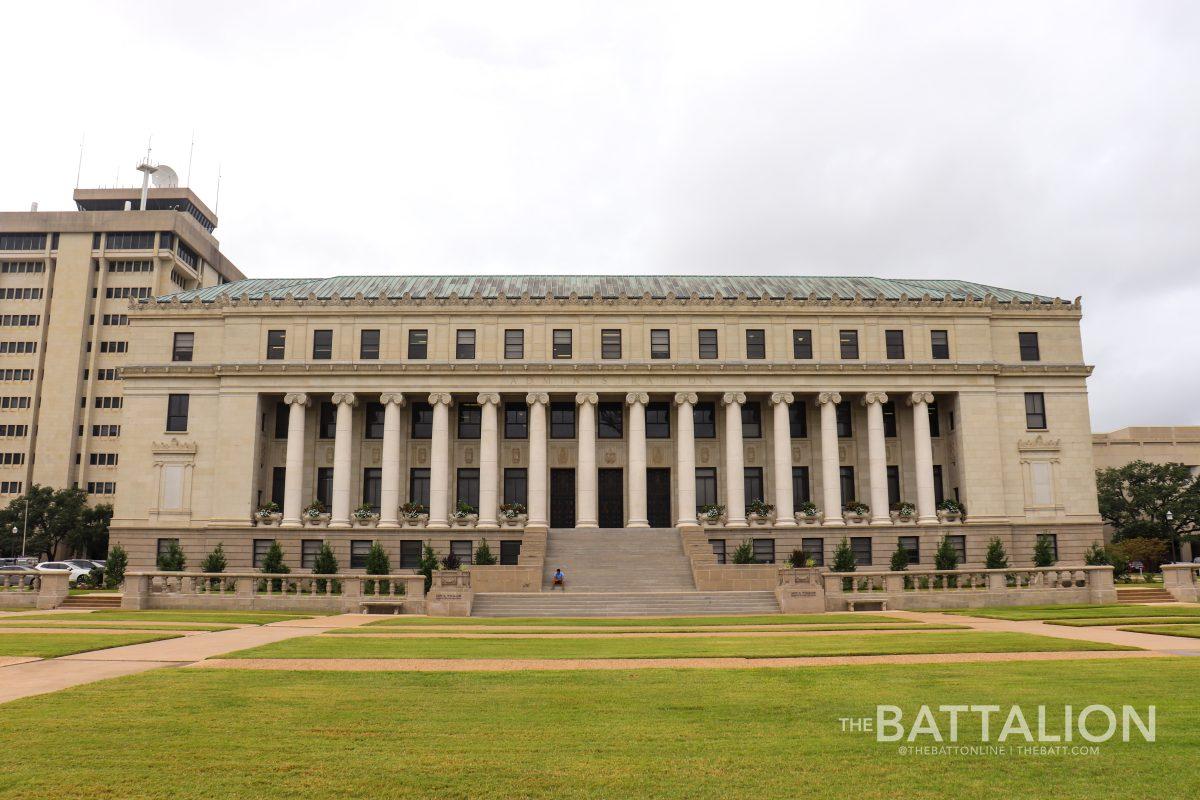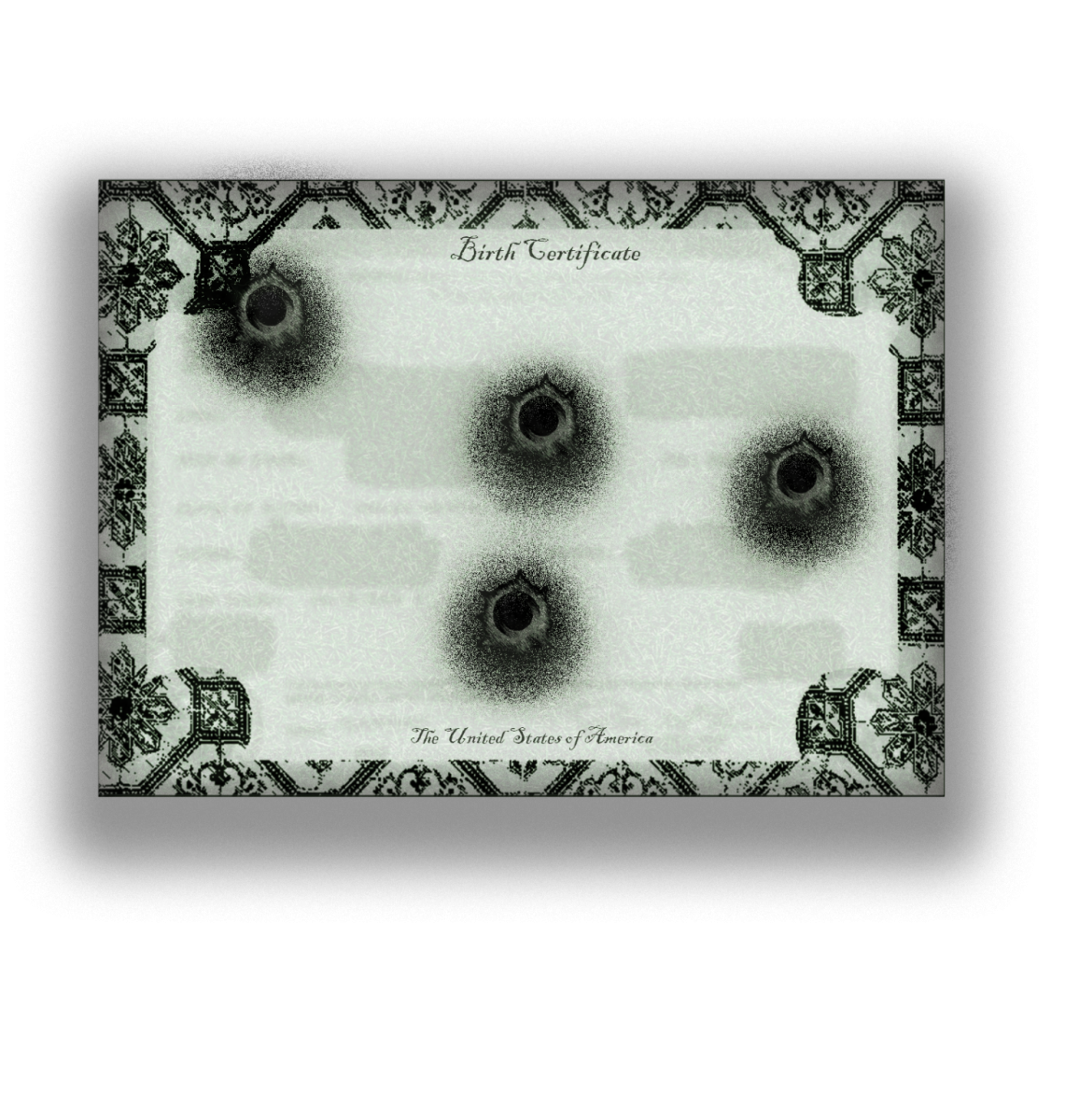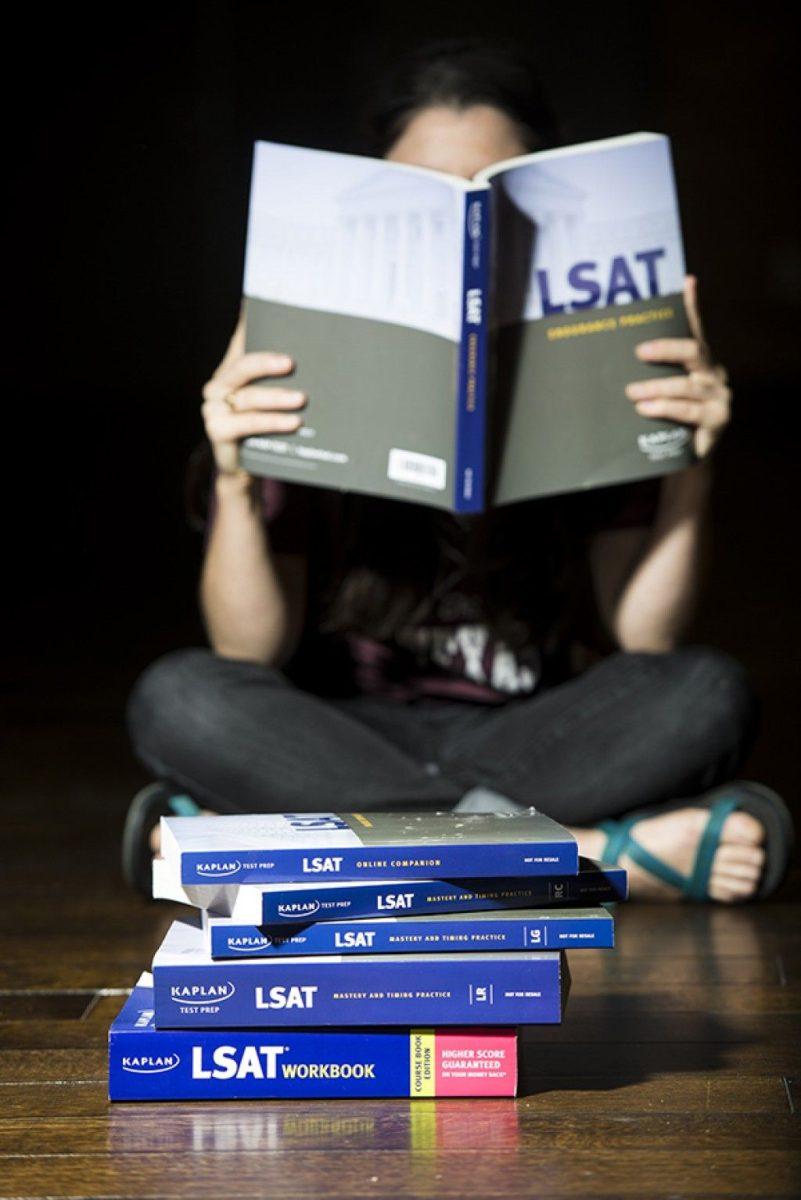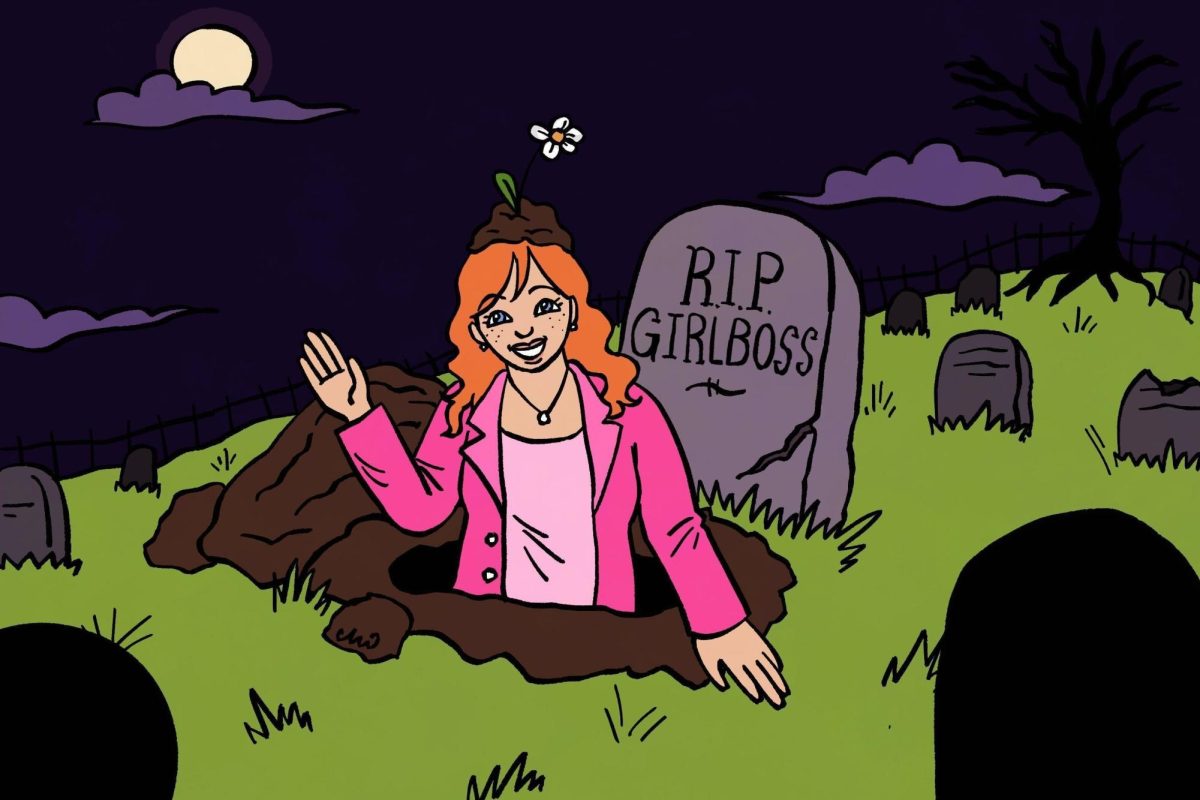The Aggie Spirit is found in many places here at Texas A&M. It’s a sense of pride for our school’s traditions and values. It is found in the students’ and alumni’s loyalty to our school. It is found in our behavior and treatment of others. It is found in every “Whoop” and “Howdy.”
It’s not found in Student Rule 7.2.2.2.
For reference, I’m talking about the excused absence rule for emergencies within a student’s immediate family. The rule states, “Immediate family may include: parents, siblings, grandparents, spouse, child, spouse’s child, spouse’s parents, spouse’s grandparents, step-parents, step-siblings, step-grandparents, grandchild, step-grandchild, legal guardian and others as deemed appropriate by a faculty member or student’s academic dean or designee.”
Death is a terrible thing. It’s something always expected but never anticipated. However, with death should come sympathy, especially from professors. Fortunately, I have never experienced anything but. Others, though, have experienced the opposite when it comes to death and tragedy.
Recently, a member of my college household experienced death in her family. It was an appalling thing to watch unfold, and it came with missing classes. Most of my professors were incredibly understanding and helpful. One professor even told me, “Go do what you need to do.”
College is hard. That’s a given. It’s one of the most academically challenging parts of a person’s life. It takes a mental, physical and spiritual toll on the entire body. When a student is met with a major life event, such as a death, the school shouldn’t add to their grief.
My roommate, elementary education senior Hannah Taylor, caught the unsympathetic end of her professors. When explaining the situation, she was met with punishment rather than understanding.
“I’m disappointed in the Aggie Family. We praise our spirit and family, but then someone so close to me doesn’t even qualify for an excused absence,” she said.
A case worker from Student Assistance Services took Hannah’s case all the way to the dean. The dean said the exact same thing; it wouldn’t be excused. In a time of pain and sadness, Hannah would also be penalized for missing a class.
It’s a no-brainer that students lie and professors distrust students. I can’t even begin to imagine the tales professors have received in their inboxes and offices. However, when a student comes to a professor explaining a terribly awful situation, they shouldn’t be met with more anxiety. At the end of the day, students are paying for their education and are responsible for that education. If they decide to lie and miss class, that’s their moral bargain with themselves.
What’s interesting is, if Hannah would have lied — say she faked a symptom at the doctor — then she would’ve been excused. Rule 7.2.2.1 says a “personal injury or illness that is too severe or contagious for the student to attend class” counts as an excused absence. All a student needs to do is provide documentation.
It doesn’t make sense that students need to lie for one thing to be covered for another. For a school that harps on mental health, the university isn’t very considerate of it. Perhaps A&M could take a rule out of its own book and read their own grief guidelines. Students are impacted not only by their immediate family but also their Aggie Family. In the student rules handbook, Aggie Family doesn’t really mean much of anything.
But how do you separate the genuine students from the unethical ones? You don’t. If a student is struggling enough to lie for an excuse, then maybe they really needed a day off. If a student has documentation for their excuse, even better. Professors shouldn’t immediately disregard their students’ struggles. Sure, there will be the students who take advantage of missing class, but professors should offer a benefit-of-the-doubt mentality. Who knows what their students are actually enduring.
In line with the already-set rules, there should be an addition. Students who endure tragedy within their friend groups should be excused to attend funerals or visit hospitals. The university can require documentation if need be, but students shouldn’t be punished for missing a class.
I’m not suggesting professors should let their students run their classroom, but they should consider the bigger picture. Death and sickness impact those who aren’t immediate family. Friendship and relationships should also warrant an excused absence if needed.
If we aren’t able to see that, then maybe we’re not a family at all.
Kaelin Connor is a psychology senior and opinion writer for The Battalion.
When Aggies are not family
October 18, 2021
Photo by Photo by Pilar Ibarra
In her latest piece, opinion writer Kaelin Connor addresses the need for Texas A&M to make a change when it comes to handling excused absences as stated in Student Rule 7.2.2.2.
0
Donate to The Battalion
$2065
$5000
Contributed
Our Goal
Your donation will support the student journalists of Texas A&M University - College Station. Your contribution will allow us to purchase equipment and cover our annual website hosting costs, in addition to paying freelance staffers for their work, travel costs for coverage and more!
More to Discover
















